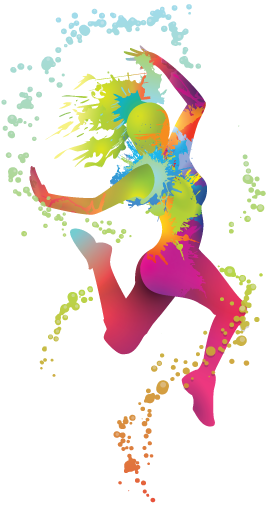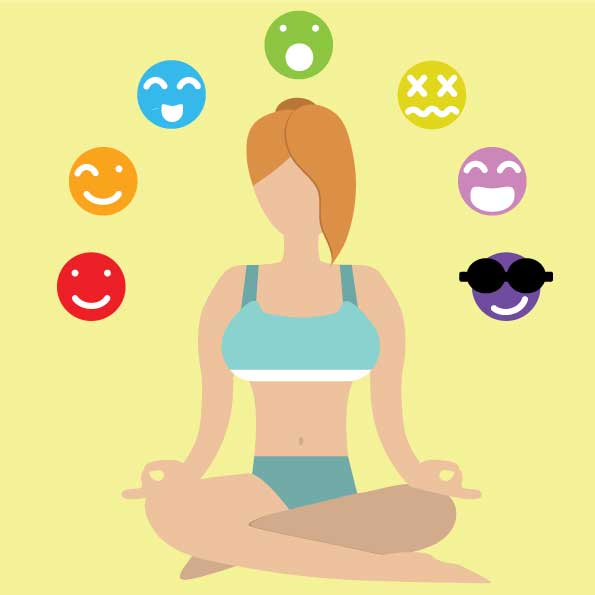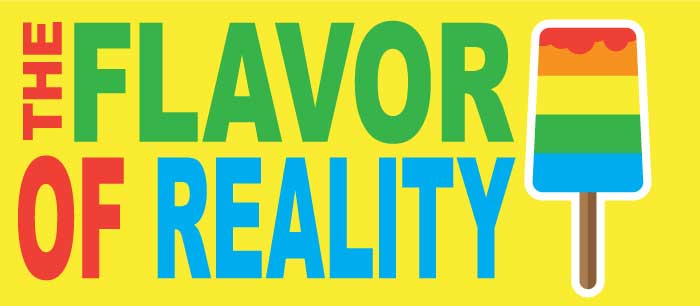When it comes to our reality we have many flavors to choose from.
As a child, one of my favorite books was Sideways Stories from Wayside School. The absurd humor kept my attention, and the individual stories were unique enough to be remembered even now as an adult with children of my own. One particularly memorable story involved a girl named Maurecia who was bored with all the regular flavors of ice cream, so her teacher invented a flavor based on Maurecia herself, certain she would love it. Sadly, Maurecia didn’t like “Maurecia” flavored ice cream; she thought it tasted like nothing at all. The determined teacher made a flavor based on every child in the class, with varying degrees of success, but one thing remained constant: no child could taste the flavor that was based on them. The teacher finally realizes that she’s made a mistake: “Of course, you can’t taste anything. It’s Maurecia-flavored ice cream. It’s the same taste you always taste when you’re not tasting anything at all.”

This background isn’t necessarily harmful, in fact, it is a small part of what makes up your social personality and it is helpful to categorize things we encounter from an evolutionary standpoint so we can avoid danger while finding things like shelter and relationships that help us thrive as humans. The only issue is when you think your flavor ice cream is the only flavor, or that your flavor is somehow more valid or important than others. It’s easy to get caught up in the idea that almost everyone we meet thinks the same way we do. Until you think about this: there are over 7 billion people on this planet at this point in history, and none of them grew up with the same parents, the same friends, or the same funny stories from elementary school. Even among our closest friends and family, we can still find differences in the way that we view things. Understanding that your perspective on life is almost entirely unique is humbling and empowering at the same time. This means that no one else sees things quite the same way that you do, that you have an exclusive seat to your own reality, and something to contribute to the world: yourself. But you must keep in mind that your exclusive seat is neither in front of or behind any other person’s: everyone is special except for the process that makes you special, which is exactly the same for every other human.

None of this means we stop having thoughts, feelings or opinions about anything, in fact, the flavor of your life enhances the communal soup of those around you. It doesn’t mean becoming a doormat or believing that if your opinion isn’t true, then it must be meaningless. It simply allows you to look beyond your own and see the other. Regardless of how it may appear, none of the stars in our vast night sky are dimmed by the light of another, and we can neither outshine or be dimmed by those around us.
We would like to thank Michael Neill for the quote used above, and remind everyone that toilet paper should always hang “over”.
Thanks for reading our blog and if you need to speak with us
please call us at 833.551.2356.







